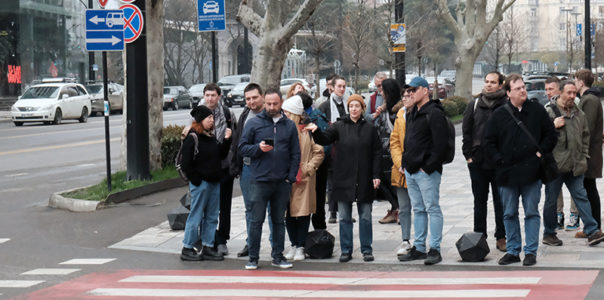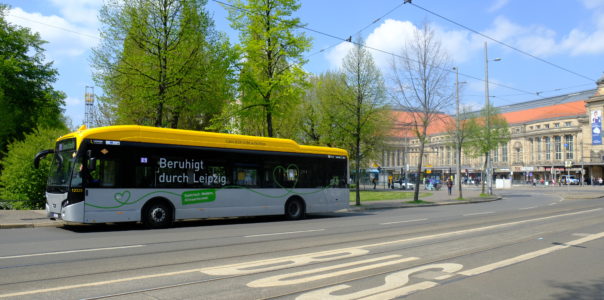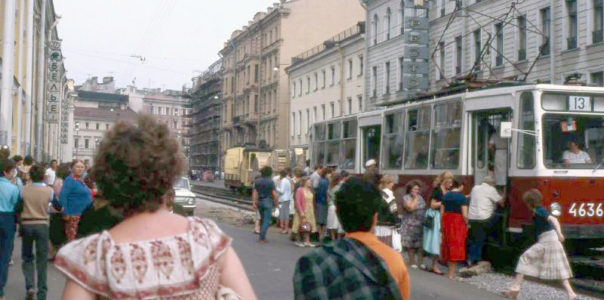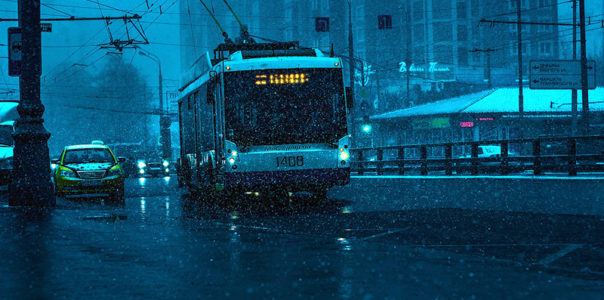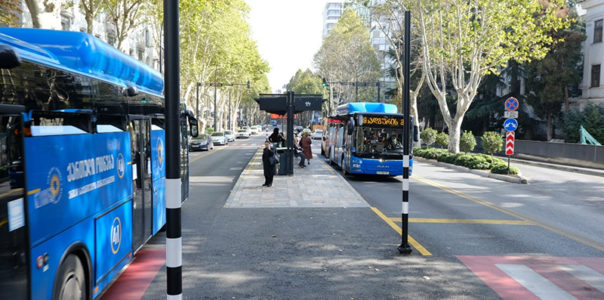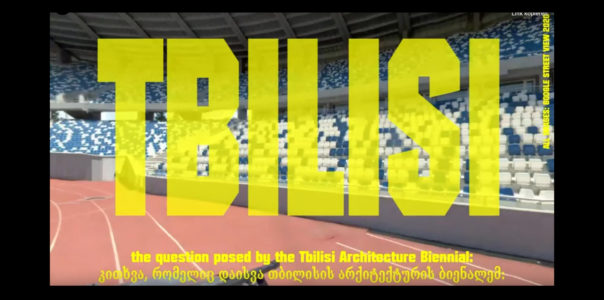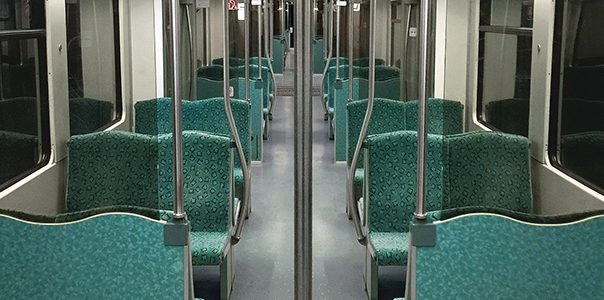Reclaiming I. Chavchavadze Avenue
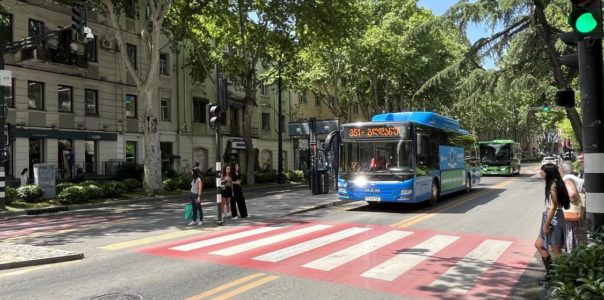
The rehabilitation and fundamental transformation of one of Tbilisi’s main thoroughfares – the Chavchavadze Avenue – sparked debates and conflicts over the city’s new transport policy. Many protested that only one car lane was left and car-parking space was reduced in favor of giving space to public transport, cycling and pedestrian infrastructures. Some found the … Reclaiming I. Chavchavadze Avenue weiterlesen

